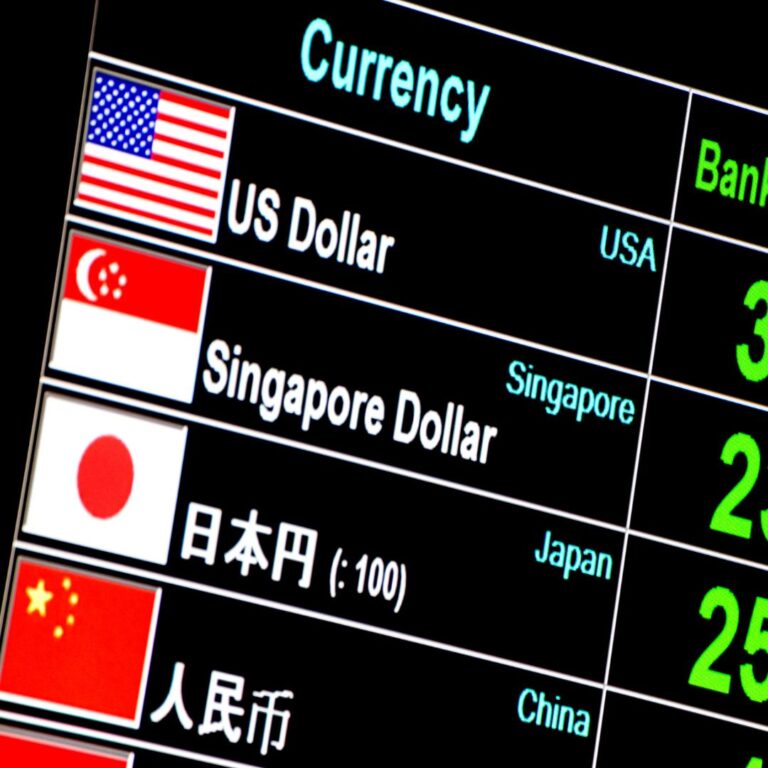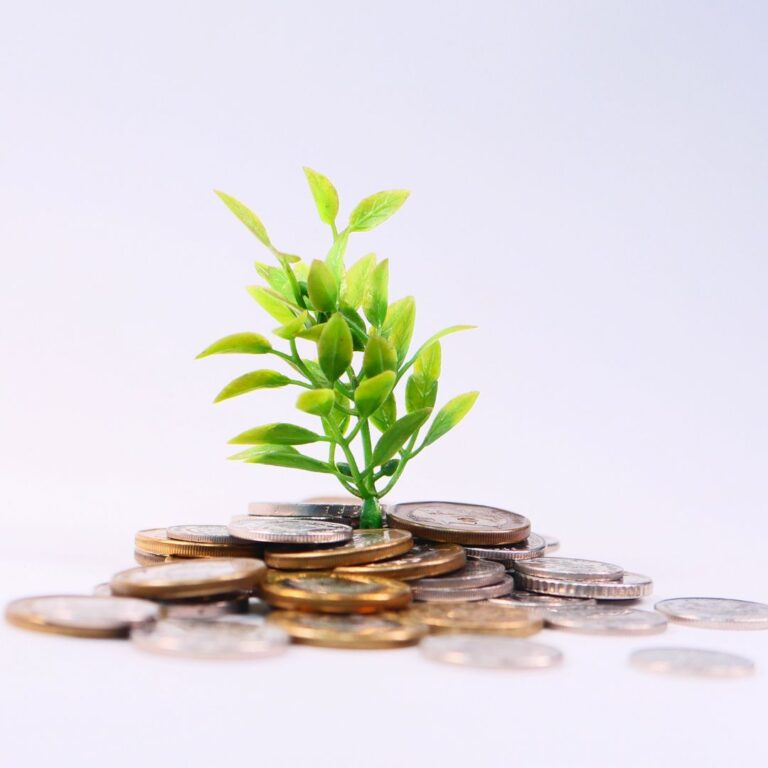#7 Usurious Gain (Riba): Transacting Gold and Silver Part I
Introduction
This article explains the rules of riba (usurious gain) in trading gold and silver. It elaborates on the key conditions for a valid exchange, such as having exact measurements, immediate transactions, and parties being in possession of the items. Exceptions are also discussed, such as when buying food with money. This article also highlights how local customs and practices play a role, and are all grounded in Islamic teachings and the traditions during the Prophet’s time.
| Notes from Ustaz Anwar | English Translation | Arabic Text |
| When the type of item being exchanged is the same, the three conditions still remain. | When gold is exchanged for gold, or silver for silver, conditions (a, b, c) are obligatory.
(a) Exact equivalence in amount. There has to be exact measurement. For example, exchanging 100g of gold with 100g gold. If the amount is different, there will be riba al-fadhl, which is interest of excess from unequal exchange of like commodities. (b) The properties transacted be in the respective possession of buyer and seller before they part company. (c) Immediacy (such that the agreement does not mention any delay in the exchange, even if brief). |
وإنْ باعَ نقداً بجنسهِ، كذهبٍ بذهبٍ اشتُرطَ الشروطُ الثلاثةُ المتقدِّمةُ |
| But if the types are different, then only two conditions remain. | If gold is exchanged for silver, their amounts may differ, but conditions (a, b) are obligatory.
(a) that the exchange be immediate; (b) and that the properties exchanged be in the respective possession of buyer and seller before they part company. |
وإنْ باعَ بغيرِجنسهِ، كذهبٍ بفضَّةٍ اشتُرطَ الشرطانِ، وجازَ التفاضُلُ |
| In today’s context, this can refer to buying foodstuffs with money. When you go to the store to buy rice with your money, the three conditions above are not applicable. The sale transaction is no longer a barter trade. | When foodstuffs are sold for gold or silver, the transaction is unconditionally valid (meaning none of the above conditions are necessary). | وإنْ باعَ مطعوماً بنقدٍ صحَّ مطلقاً |
| There are some foods that are measured by ‘cupakan’ (refer to note below) and there are some measured by its weight. The method will be determined through customary practices by the people in that area/province. | Equivalence in amount for commodities customarily sold by volume is reckoned according to volume (even if weights differ), and for articles customarily sold by weight according to weight. | ويعتبرُ التماثُلُ في المَكيلِ بالكيلِ وفي الموزونِ بالوزنِ |
| Thus, it is invalid to sell a pound of wheat for a pound of wheat when there is a difference between the two’s volume, | فلا يصحُّ رطلُ بُرٍّ برطلِ بُرٍّ إذا كانَ يتفاوتُ بالكيلِ | |
| though it is valid to sell a bushel of wheat for a bushel of wheat even when their weights differ. | ويجوزُ إردبٌّ بإردبٍّ وإنْ تفاوتَ الوزنُ | |
| How to know whether the foodstuff is measured through weight, volume? The time of the prophet back then. | Customarily transacted by weight or volume means according to the prevalent custom in the Hijaz during the time of the Messenger of Allah (Allah bless him and give him peace). | والمرادُ ما كانَ يوزنُ أوْ يكالُ في الحجازِ في عهدِ رسولِ اللهِ صلَّى اللهُ عليهِ وسلمَ |
| If during the prophet’s time the measurement is unknown, we have to follow the custom practices of the country. | If this is unknown, then according to the custom of the town where the transaction takes place. | فإنْ جُهلَ حالُهُ اعتُبرَ ببلدِ البيعِ |
| For these scenarios, it is not permissible to trade the food items with itself of the same type. They are to be bought with money or cash. | If the foodstuff is of a kind not customarily exchanged by either weight or volume, and it has no dried strong state, such as cucumbers, quinces, or citrons, then it may not be traded for its own sort. | وإنْ كانَ مما لا يوزنُ ولا يُكالُ في العادةِ ولا جفافَ لهُ، كالقثَّاءِ والسفرجَلِ والأُترجِّ لمْ يصحَّ بيعُ بعضهِ ببعضٍ |
| The agreement is invalid when it is unknown that the measurements are different during the sale transaction. Even if you got to know after the agreement has been made that the measurements are indeed the same, the transaction is still invalid. | No translation: Self-translated
If someone sells wheat for wheat by estimation, it is invalid, even if it later appears that both quantities are equal in measurement. |
فلوْ باعَ بُرَّاً ببُرٍّ جِزافاً لمْ يصحَّ وإنْ ظهرَ منْ بعدُ تساويهما كيلاً |
Conclusion
In conclusion, the rules of riba (usurious gain) ensure fairness in trading gold, silver, and other goods, by emphasizing conditions like exact measurements, immediacy, and owning the goods during the transaction. Although these principles are from the Prophet’s time, they show flexibility by considering local customs and modern transactions, which makes them practical for trade today.
Note
Cupakan: cylindrical receptacle made of coconut shell or zinc and measuring about 1.13 litres, usually used to measure paddy, rice, or beans.
Written by Maryam Binte Aziz for notes on Umdatus Salik episode 186 – Usurious Gain (Riba): Transacting Gold and Silver Part I.
Umdatus Salik #6 – Usurious Gain (Riba): Usurious Gain in Sales of Foodstuffs, Gold and Silver








